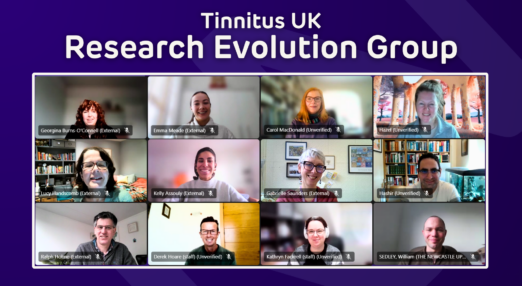Tinnitus treatments
We check tinnitus treatments to see if they are safe and effective for those living with tinnitus
Here we provide a regularly updated list of tinnitus treatments and summarise the latest research to provide a verdict on safety and efficacy.
The ratings are as follows:
Safety - whether the treatment will do you any harm
- Rigorous evidence of safety, or only small risks/minor harms
- Limited or unlikely potential for significant harm
- Possible risk of significant harm
- Evidence of risk of significant harm
Efficacy - whether the treatment works for tinnitus
- Robust evidence that it is effective against a placebo or sham treatment
- Clear evidence that it is effective compared to no treatment
- Limited evidence that it is effective
- No evidence that it is effective
- Evidence that it is not effective
If you hear of a treatment that isn’t listed here, please call the Helpline 0800 018 0527 or send an email to: [email protected]
-
Magnesium
- Rigorous evidence of safety, or only small risks/minor harms
- Limited evidence that it is effective
Read more
-
TinniSoothe
- Rigorous evidence of safety, or only small risks/minor harms
- Limited evidence that it is effective
Read more
-
EarLaser
- Rigorous evidence of safety, or only small risks/minor harms
- Evidence that it is not effective
Read more
-
MultiLaser
- Rigorous evidence of safety, or only small risks/minor harms
- Evidence that it is not effective
Read more
-
Low Level Laser Therapy (LLLT)
- Rigorous evidence of safety, or only small risks/minor harms
- Evidence that it is not effective
Read more
-
Hibiscus
- Rigorous evidence of safety, or only small risks/minor harms
- Limited evidence that it is effective
Read more
-
GFOUK DrWave
- Possible risk of significant harm
- Evidence that it is not effective
Read more
-
Sound therapy (sound enrichment)
- Rigorous evidence of safety, or only small risks/minor harms
- Limited evidence that it is effective
Read more
-
Tinnitool
- Rigorous evidence of safety, or only small risks/minor harms
- Evidence that it is not effective
Read more
-
Hypnotherapy (hypnosis)
- Limited or unlikely potential for significant harm
- Limited evidence that it is effective
Read more
-
BiancatTM AudiAid
- Possible risk of significant harm
- Evidence that it is not effective
Read more
-
MemoVigor2
- Evidence of risk of significant harm
- Limited evidence that it is effective
Read more
A treatment not listed here?
Please let us know what treatment you would like more information about and we’ll get to work learning more about it.
Let us knowCan’t find what you’re looking for?
-

“I made it a point that I wasn’t going to let the tinnitus control me, but for me to control the tinnitus.”
Why Chris Ives is fundraising for Tinnitus UK
Read more
-

“I wanted to speak out – to be a part of the community”: Caris’s Story
Caris is one of the tinnitus community's greatest champions. Read her story here.
Read more
-

A hopeful first step: inside the first meeting of Tinnitus UK’s Research Evolution Group
A new group of experts has come together to help Tinnitus UK accelerate tinnitus research. We go behind the scenes and learn about the first meeting here
Read more
